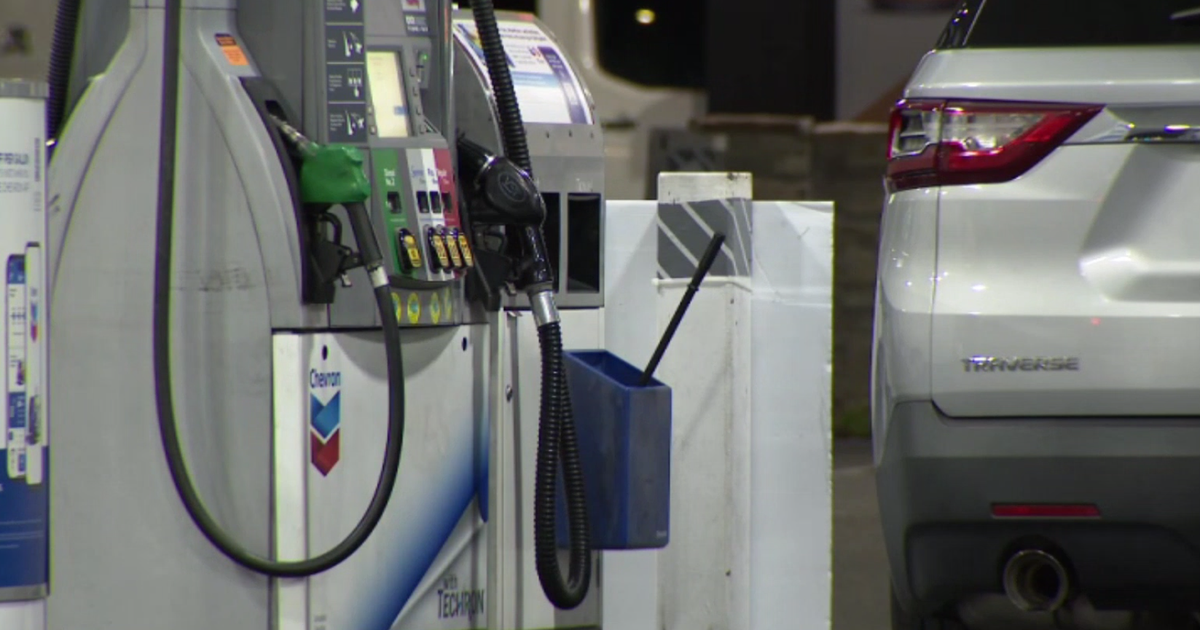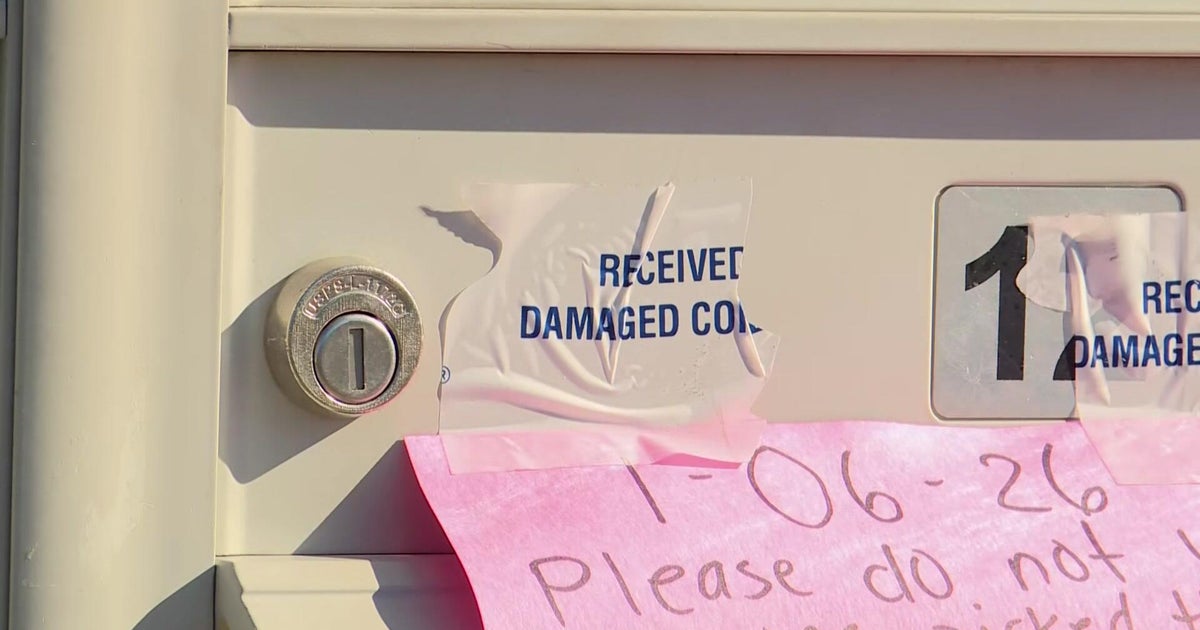Good Question: Why Does Big Oil Get Taxpayer Subsidies?
MINNEAPOLIS (WCCO) -- When gasoline prices go up, oil company executives go to Washington to get a beat-down from Congress. But this time, the questions were about subsidies, as some estimate the oil companies get $4 billion in tax breaks. So, what kind of subsidies do oil companies get, and why?
"Don't punish us for doing our job well," said Chevron CEO John Watson, defending the tax breaks the companies get.
"The vast majority of it is tax breaks. Tax code items, some have been around for almost 100 years," said Bob Kleiber, a finance instructor at Metro State University, who's studied oil company subsidies.
The biggest break is fairly recent. In 2004, Congress passed Section 199 of the IRS Tax Code, a Domestic Manufacturing Deduction.
"Any manufacturer gets 9 percent deduction on profits," said Kleiber. "Oil companies are only given 6 percent," he said, but that amounts to about $1.8 billion a year.
Democrats in Congress and President Barack Obama have proposed eliminating that deduction for the five largest oil companies.
"I'm going to take my capital elsewhere. The U.S. is not attractive, I've got to go somewhere else," is how Rex Tillerson, CEO, Exxon Mobil Corporation, characterized that situation.
"Even in the context of record profits?" challenged Sen. Olympia Snowe, R-Maine.
"We make about -- we make about 6 cents on sales," answered Watson.
Indeed, oil companies have a much smaller profit margin than a computer or pharmaceutical company. But they do so much volume that the real dollars are enormous.
According to Kleiber, the second biggest money-saver for oil companies is the fact they're allowed to write-off the costs of drilling oil wells. Oil companies that explore, drill and refine can write-off 70 of their exploration costs, which work out to about $1.2 billion a year.
Kleiber said that deduction's been around since 1913, when the government needed to motivate companies to drill.
With high oil prices, it's not likely that oil companies need an incentive to drill.
Of course, all companies get tax breaks for various things, amortizing capital expenses, writing off the cost of doing business.
The agriculture sector gets $16 billion a year in direct subsidy payments, according to the USDA. Corn farmers specifically get $4 billion.
"We're asking for the same treatment, comparable treatment to other industries, Senator," said Watson.







